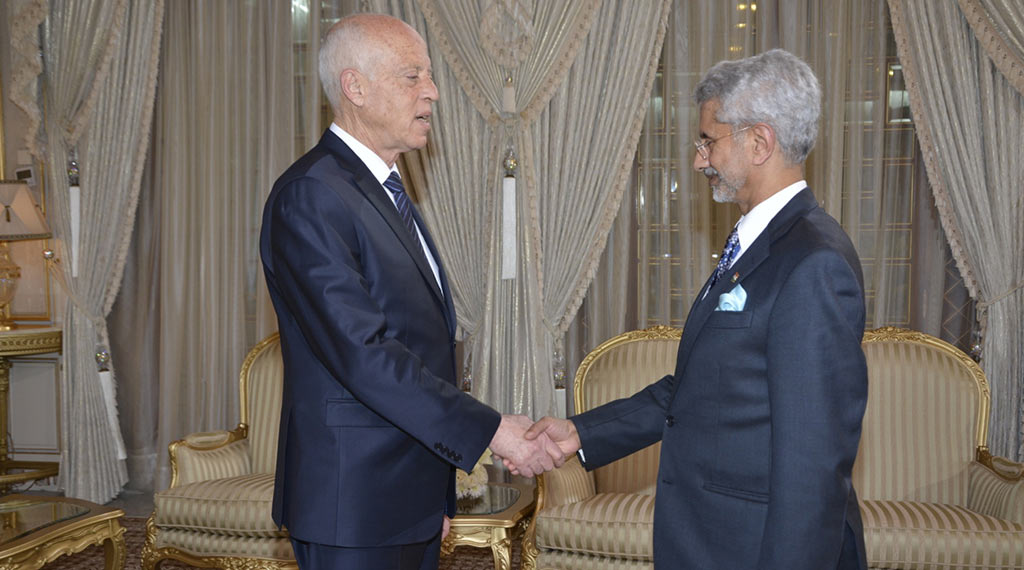When Tunisia is mentioned in the Western media, it usually relates to July 25, 2021, when the people revolted against the Muslim Brotherhood party, Ennahda, for its incompetence, corruption and crimes against innocent Tunisians.
Back then, I wrote that President Kais Saied’s prompt response to the demands of his people by announcing strict corrective measures to end the structural chaos and prevent a possible civil war was admirable. Saied brought down the curtain on the last act of horrible players who used their religious slogan to steal a whole country. “There are serious challenges ahead as Tunisia seeks a new government to serve the people and lead the country away from the 10 years of turmoil under Ennahda,” my article read.
What has happened since then? And is Tunisia now better and safer than before? Certainly. Closing the doors in the face of the Muslim Brotherhood, which wreaked havoc and stole the state’s public wealth, was a positive step toward a brighter, secular future. But it is not enough.
Late last month, Tunisia entered a new phase in its volatile political scene when Saied issued a decree dissolving the parliament, which had been suspended since last year. The president’s decision was a response to an initiative by more than 100 members of the Tunisian parliament, who challenged the decision he took eight months ago to freeze its work.
Saied described their online parliamentary session and vote to consider his extraordinary measures decree null and void as a “failed coup attempt” and vowed to bring these deputies to justice for breaking the law. He reiterated in a taped speech his promise to prevent the abusers from continuing their aggression against his country. “I tell the Tunisian people: Feel safe and be assured that the state’s institutions are active and there is a nation ready to protect them from those who work as a group, not as a state,” he said.
The former law professor explained his decision based on Article 72 of the 2014 Tunisian Constitution, which states that “the president of the republic is the head of the state and the symbol of its unity, guarantees its independence and continuity, and ensures respect for the constitution.”
In January, Saied announced a political roadmap to end the crisis in the country, which included the formation of a committee to rewrite the constitution, hold a referendum on July 25 to approve it, and then organize parliamentary elections on Dec. 17.
If the Tunisian president is committed to his roadmap, the dissolution of the frozen parliament will not affect the reformed political path of this struggling North African country. However, the Muslim Brotherhood’s Ennahda, the largest political bloc in parliament, whose leader, Rached Ghannouchi, was the parliamentary speaker, will not accept being the biggest loser of this political maneuver. Ghannouchi strongly rejected the presidential decree, considering it a prelude to a general dismantling of the state and a new constitutional violation.
External Affairs Minister calls on Kais Saied, President of Tunisia during his visit to Tunisia (January 22, 2020) by MEAphotogallery is licensed under CC BY-NC-ND 2.0
- Moderate Muslim voices deserve to be heard in America - July 25, 2023
- Specter of Afghanistan debacle haunts Biden - May 25, 2023
- Washington should scrutinize the motives behind Qatar’s unfriendly policies - April 7, 2023

